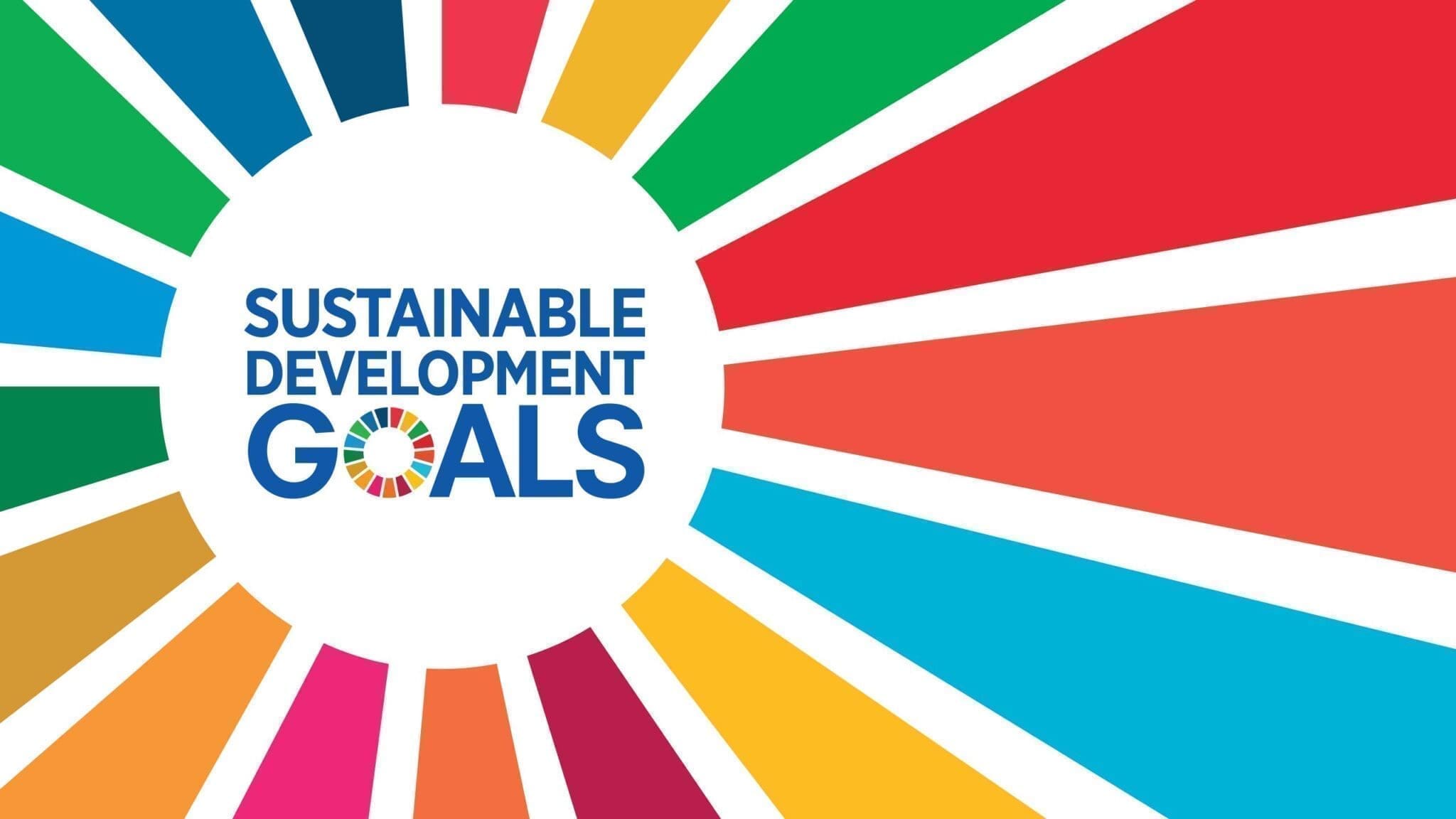This week is the 8th anniversary of the United Nations Sustainable Development Goals. The UN SDGs are an urgent call for action by all countries – developed and developing – in a global partnership. They recognize that ending poverty and other deprivations must go hand-in-hand with strategies that improve health and education, reduce inequality, and spur economic growth – all while tackling climate change and working to preserve our oceans and forests. This is often summarised as Making a Just (or ethical) transition to net zero and a vision that underpins everything we aim to do here at Achilles.
The UN SDGs were agreed in 2015 which was something of a landmark year for multilateralism and international policy shaping and included amongst other things the Paris Agreement for Climate Change. Do you know all the UN SDGs? Watch here.
At the start of this week to mark this 8th anniversary, UN Secretary-General, António Guterres, shared that progress on the SDGs was behind schedule saying “A “rescue plan” for the Sustainable Development Goals (SDGs) must now result in policies, budgets and investment to ensure a more just, equitable and green future by 2030.”
Achilles works with the world’s biggest companies worldwide and their suppliers to support the development of an increasingly sustainable global supply chain. Our data collected from companies worldwide confirms Antonio Guterres’s point that more does need to be done by the world’s governments and business community alike to deliver urgent and accelerated action.
Here are just some of the key stats:

Goal 3: Good health and wellbeing
24% of companies report they do not have processes in place to manage occupational health issues, including mental health and fatigue (sample size: 6781)
18% of companies report they do not have a documented alcohol or drugs policy in place (sample size: 1802)
Goal 8: Decent work and economic growth
36% of companies report they do not publicly commit to protecting human rights and the local communities in which they operate (sample size: 5399)
30% of companies report they do not have documented policies committing to prevent modern slavery within their own organisation or their supply chains (sample size: 10698)
Goal 12: Responsible Consumption and Production
36% of companies report they do not have a circular economy strategy in place that supports reduced consumption of raw materials, water, energy and other resources (sample size: 4691)
Goal 13: Climate Action
25% of companies report that they do not have formal processes in place to address environmental risk (sample size: 14297)
Goal 15: Life on Land
85% of companies report they do not have ecological or biodiversity action plans in place (sample size 12388).
From these stats it’s clear that much still needs to be done to make the necessary progress to an ethical and just transition to net zero, and, when for many companies, more than 80% of their social and environment impact is indirect, it has never been so important to look across the global supply chain.
Fortunately, many companies are making the shift. Working with Achilles to realistically benchmark themselves and their suppliers against the Sustainable Development Goals and taking on the task of achieving real improvement that goes beyond ESG scores and greenwashing to make a real difference. Join them. Talk to us about how we can help you achieve your ESG supply chain goals.
